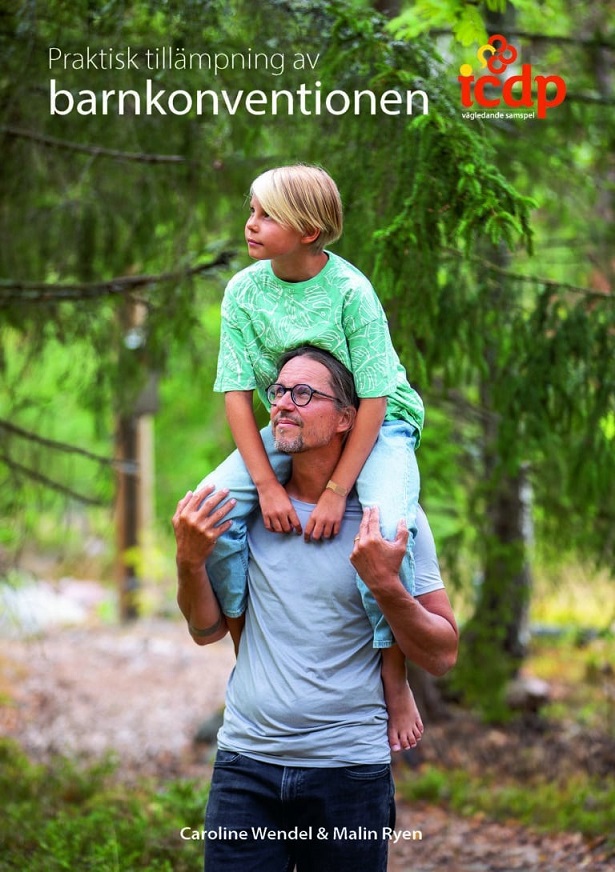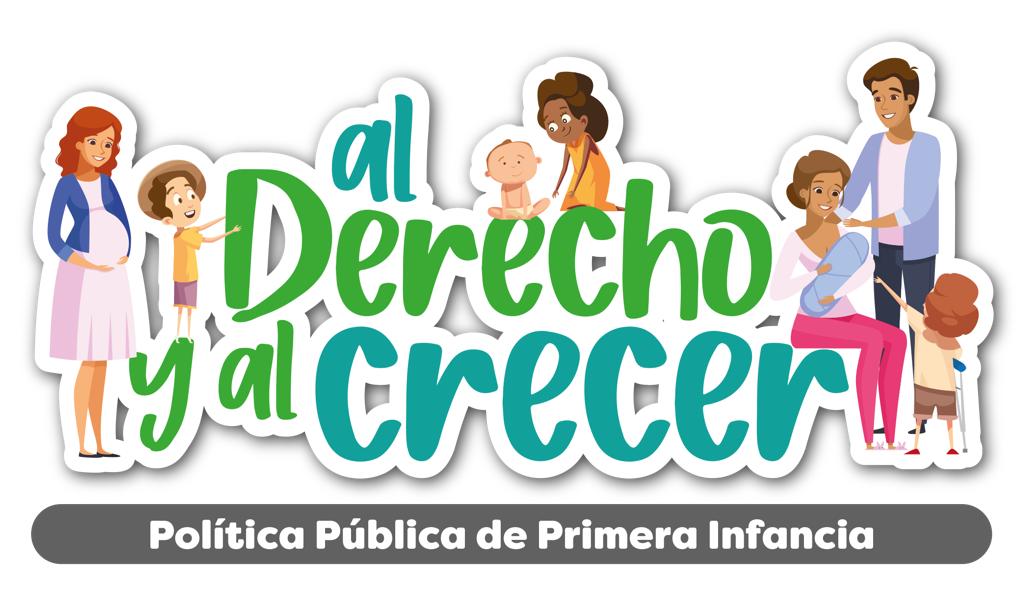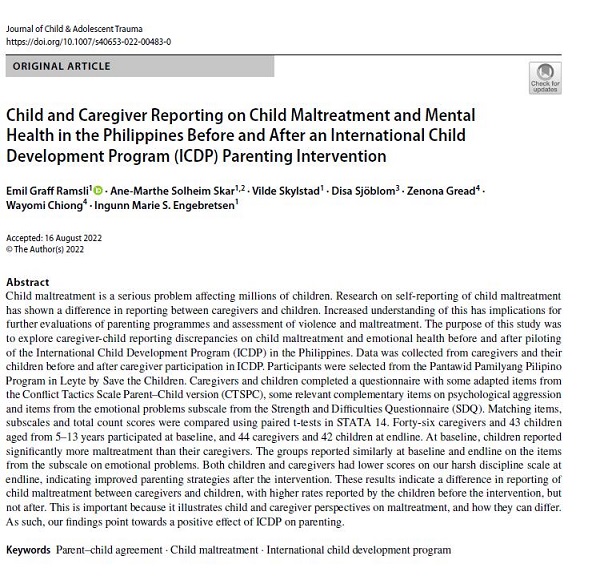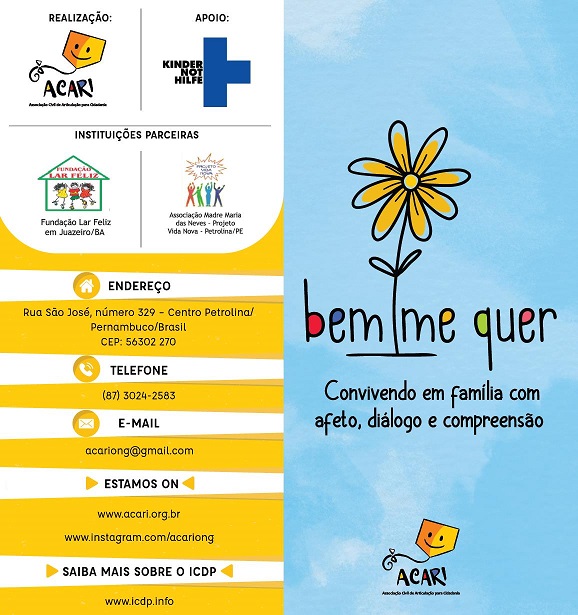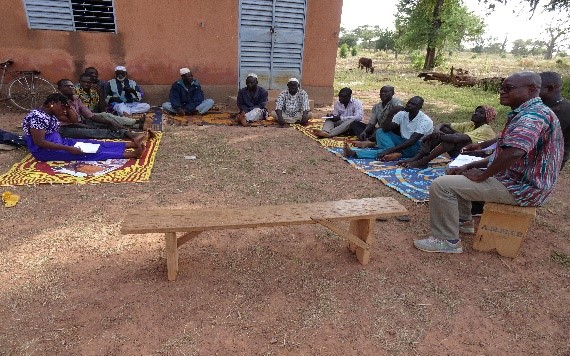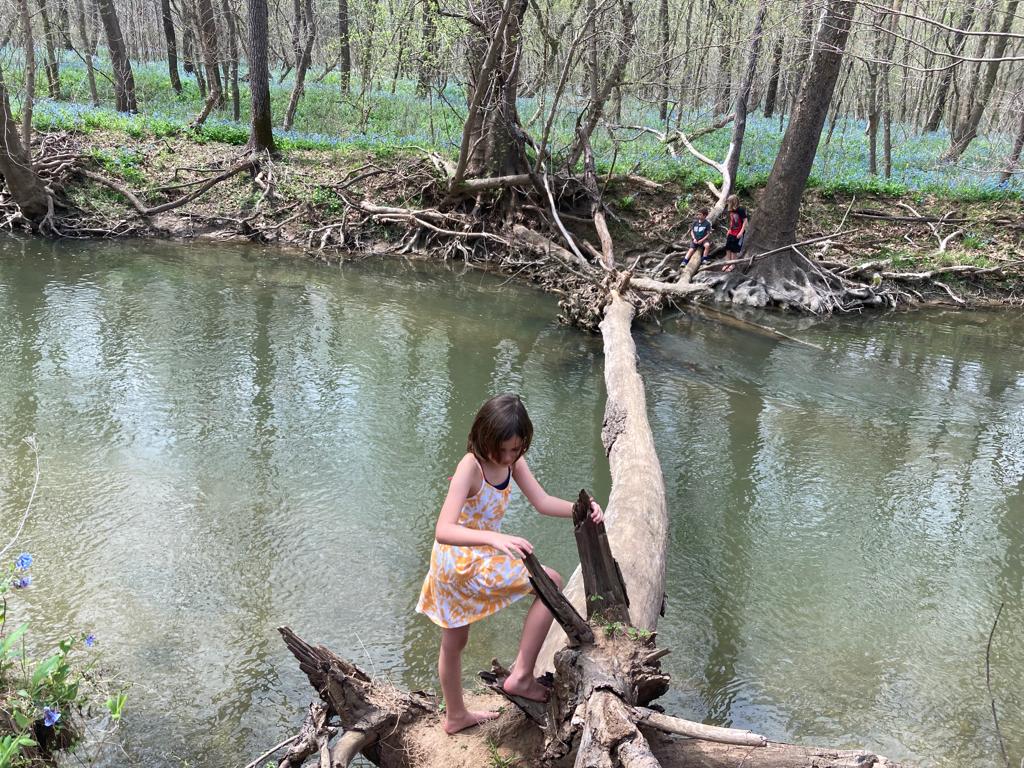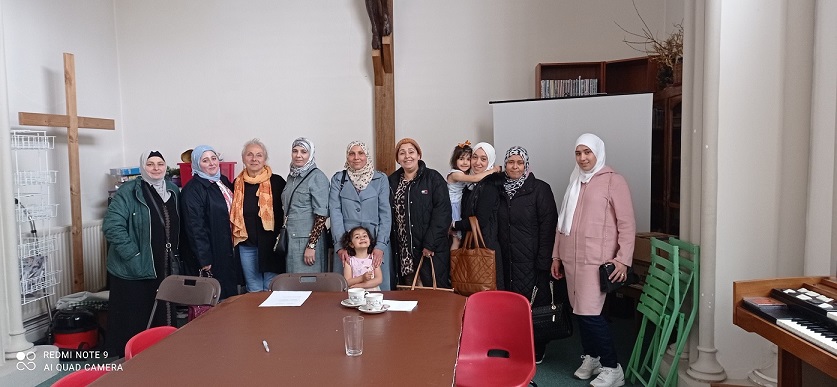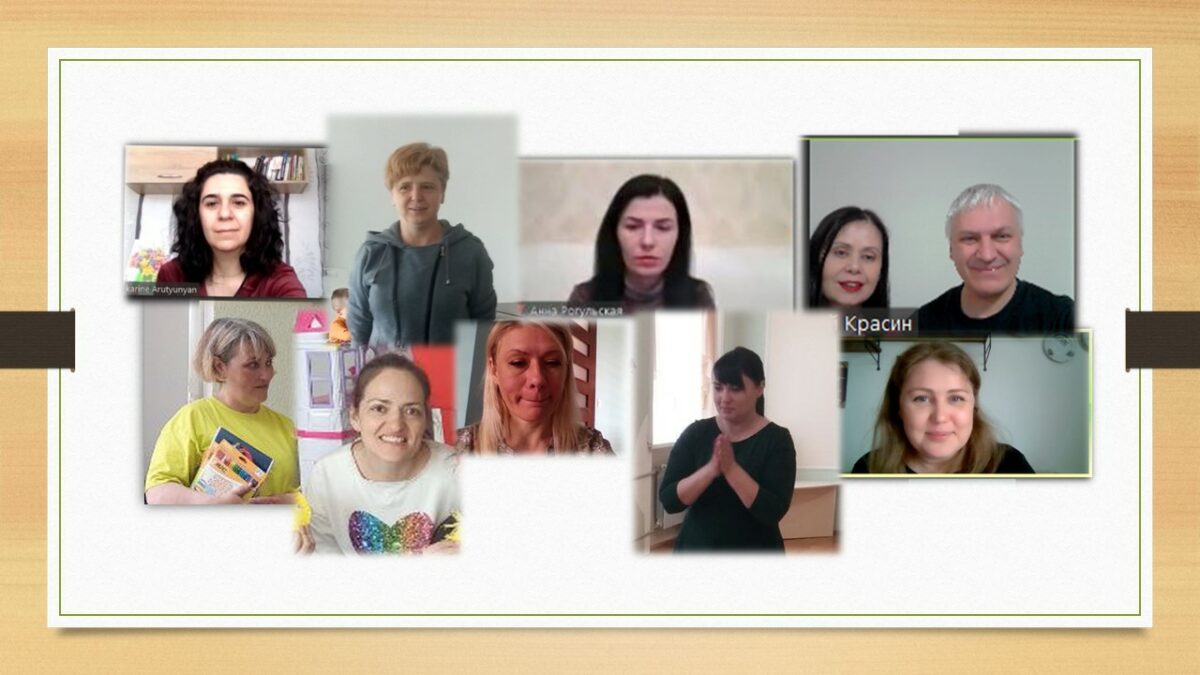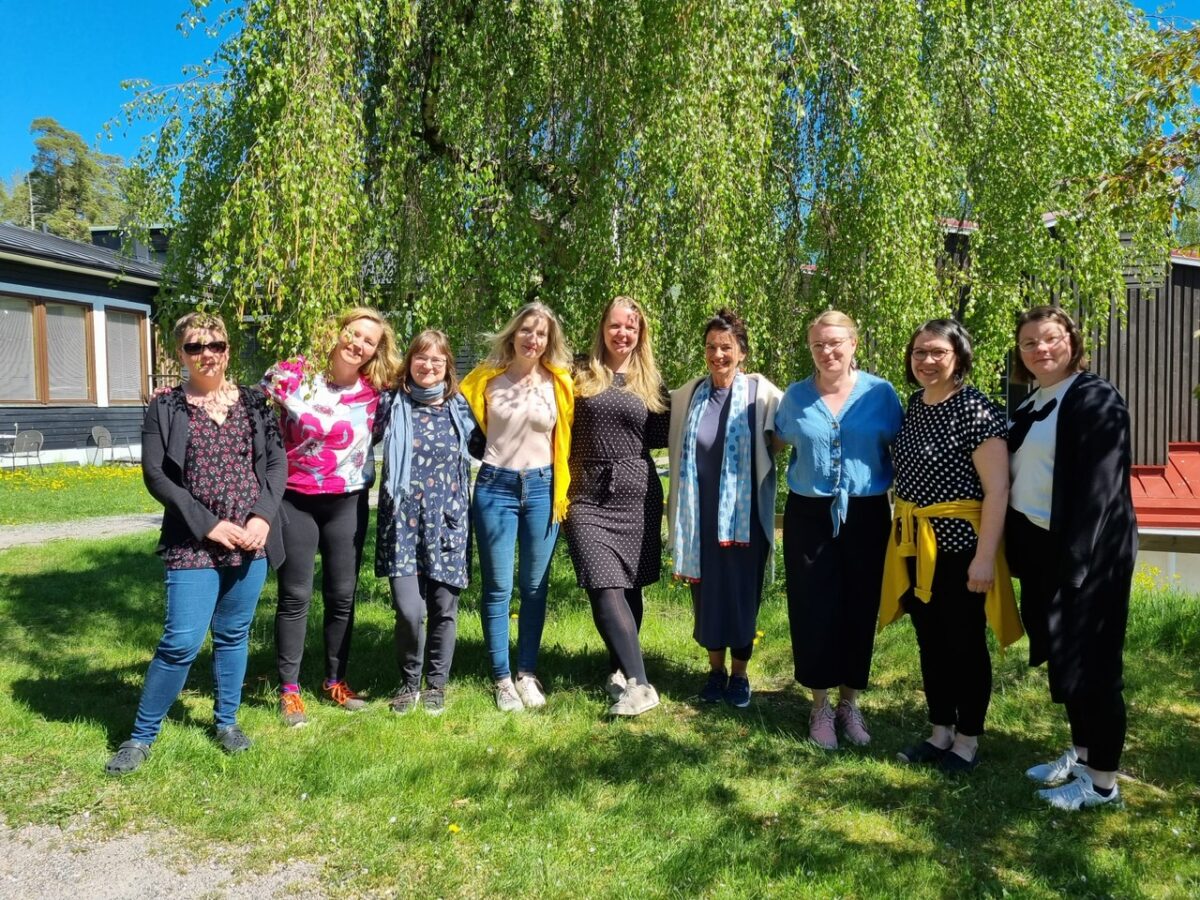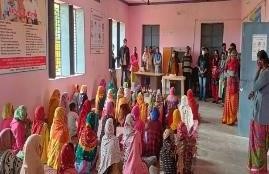ICDP trainer, Manish Prasad reports about activities in Dungarpur:
Meeting with District Level Departments on Planning, Implementation and Monitoring of Parenting Programme
After a substantial decline in the number of active cases of COVID-19 in the state, the government of Rajasthan completely withdrew the lockdown during the beginning of the year, and allowed the resumption of activities in the state. As a result, in Dungarpur, activities under CSSP project started taking pace. In March 2021, a meeting was organised with the Social Justice and Empowerment (SJE) department, as well as with key officials from all the concerned departments such as SJE, Education, Women and Child Development (WCD), Integrated Child Protection System (ICPS), Child Rights and Rural Development. The aim was to advocate for scaling up Palanhar Plus programme.
Assistant Director of SJE department talked about the initiatives under the Palanhar plus programme, and stated that the parenting sessions with the caregivers and the life skill sessions for their children are catalysts for change, by improving the way caregivers treat their children, and by enhancing the knowledge and skills of children for a better life. He then invited all officials to share their views on how to strengthen and scale up the Palanhar Plus programme.
SATHIN (the frontline workers of WCD department) who were also present, shared their experience of receiving the ICDP training by Save the Children.
The representatives of Panchayat Raj Institutions (PRIs) emphasized the importance of the training programme in view of the vulnerability of the Palanhar children, and assured their support in mobilizing families to attend the parenting sessions.
The Education department representative shared his experience of attending the life skill training, which was conducted for teachers by Save the Children. Assistant Director of the SJE department thanked Save the Children for extending the Palanhar scheme to their department and asked for the life skill intervention to take place also in government homes for children in the future.
All departments agreed that the technical support to government’s frontline workers was a critical factor in scaling up the programme in the entire District. Save the Children emphasized that the convergence of all the departments was required to get an impactful result of the Palanhar plus programme, and that it was ready to provide technical support to frontline workers of these departments to cascade the programme to a maximum number of families.
Training on parenting for the Frontline Workers of the WCD Department
Scaling up of the Cash Plus programme through the government has been on the agenda of the project since 2019. Due to the lockdown in 2020, the plan to train Panchayat level frontline workers of the WCD department (called SATHIN) in Dungarpur was put on hold.
In 2021, with the withdrawal of lockdown in the state, the capacity building activities were resumed. In this context, Save the Children organized the training of the SATHIN on parenting skills in line with the ICDP module.
In 2021, the previously trained SATHIN workers provided support to new colleagues in conducting parenting sessions at the Panchayat level.
The training was completed in 4 stages and it included 25 SATHIN workers; 13 SATHIN from Kherwara Block of Udaipur and 12 SATHIN from Jhothri Block of Dungarpur. As a next step the SATHIN started forming groups of parents in their respective Panchayats, where they will conduct parenting sessions.
A letter of agreement for SATHIN to conduct sessions in the Panchayats was requested from the DWCD department in Udaipur and Dungarpur District which they agreed to provide. The new SATHIN will be given support during sessions by a trained facilitator from Save the Children.
Training on Parenting for Palanhar Families
Despite the continuous challenges of COVID-19 during the year, the sessions on life skills and parenting were regularly conducted with 160 children and their 160 caregivers. The Panchayat level workshops were organized with the 160 families in order to understand the learning they obtained from the implementation of Palanhar plus programme.
Keeping all the Covid protocol in place, the workshops were designed in 6 phases covering 16 Panchayats in total. The SJE department’s officials interacted with the families attending the workshop through online platform on the benefit of the Palanhar Plus programme of Save the Children and the operational issues the families face in the Palanhar scheme.
Parenting sessions with Palanhar caregivers:
The plan was to reach out to 128 caregivers through the parenting programme. The programme was conducted with groups of caregivers by the ICDP facilitator from Save the Children, followed by intensive home visits after every dialogue to gauge the learning level of the caregivers after the sessions.
Development of monitoring formats to measure the efficacy of the programme:
Several formats were developed for effective monitoring of the quality of facilitation in the delivery of parenting sessions. These formats are:
- Diary of the facilitator: To be filled by the facilitator after every session to gauge their own quality delivery of session and plan for its improvement.
- ICDP home visit guide: To observe the practices of parents/caregivers towards their children with respect to the specific sessions delivered and give positive, constructive and practical feedback on how to further strengthen desirable behaviors; the facilitator should do this in in detail and demonstrate with the caregiver’s children if they are at home, or ask the parent/ caregiver to demonstrate.
- Monitoring format for the trainer to observe the facilitator’s delivery of parenting sessions: To observe the quality of facilitation by the facilitator and support in its improvement.

